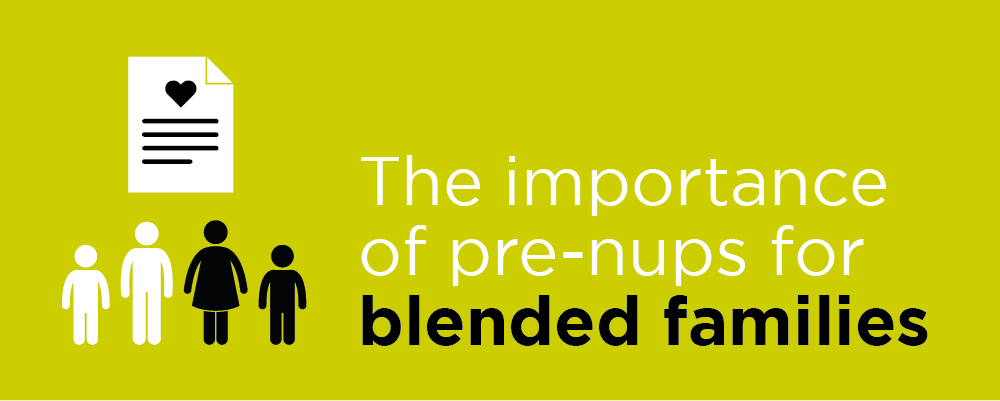- Basildon 01268244144
- Chelmsford 01245453800
- Colchester 01206217300
- London 020 4586 1280

A pre-nuptial agreement, or ‘pre-nup’ as it is more commonly known, is a written agreement signed by a couple in contemplation of their marriage. The purpose of the agreement is to set out, in advance, how the couple intend their financial and other arrangements to be dealt with if their marriage unfortunately breaks down in the future. A pre-nup enables the issues to then be resolved easily and amicably. It is designed to prevent a future dispute on how the finances will be divided and costly legal expenses.
When should pre-nups be considered?
There are many scenarios where it is important for couples to consider having a pre-nup drawn up including but not limited to the following:
cases involving pre-acquired wealth or assets which either party wishes to protect from a future matrimonial claim
cases involving farming or a family business which has been built up prior to the marriage
cases involving parties with international connections
same-sex marriages
cases where family members are making financial provision or where there are trusts in place
Should pre-nups be used in second marriages?
If one or both partners have been divorced before and are planning a second or subsequent marriage, then this is another example of where pre-nups should be considered. In such cases, it is not uncommon for one or both of the parties to have built up assets previously which they may wish to protect in the future.
Older couples are also more likely to have children from previous marriages or relationships and the needs of the blended family unit will need to be carefully considered. This is where a pre-nup can be extremely useful.
Latest divorce and marriage statistics
The latest statistics from the Office for National Statistics (ONS) show that there has been a gradual decrease in marriages and first marriages overall since the early 1970s. Yet the number of remarriages where one or both partners have been previously married or had formed a civil partnership has stayed largely the same.
The statistics also show that although marriage rates are on the decline, the ages that people are getting married has been increasing over time, with more people now getting married later in life. In particular, the number of people getting married and divorced aged 65 and over is on the up.
Considering these statistics, it is particularly important for couples who are getting married later in life, remarrying for a second or subsequent time, or who have children from previous relationships to consider signing a pre-nup.
How can pre-nups help in blended families?
In second or subsequent marriages where one or both partners have children from previous relationships, it is not uncommon for the parties to wish to protect the assets they have built up previously. For example, this may include property, capital investments, savings, business interests, pensions and inheritance.
It is also not uncommon for the parties of second marriages to want to ensure that any children from their previous marriage or relationship will benefit first from the pre-acquired assets in the event of divorce or death. Pre-nups can be used when there are blended families to ringfence any assets either partner may wish for their children from a previous relationship to receive and benefit from.
The union of two families in second or subsequent marriages to create a blended family unit can potentially cause concerns for all involved, including for the children. A pre-nup can be used to address these concerns so that the couple can openly discuss before the marriage how they will deal with their collective financial resources to prevent any misunderstanding in the future, especially if there are assets they agree should not be shared with the other party in the event of a divorce.
Wills and inheritance planning for second marriages
It is also important for couples entering into a blended family unit as part of a subsequent marriage, to review and update their Will. Or, to prepare their first Will if they do not already have one in place. This is because under the normal rules of intestacy, the new spouse will become their legal next of kin for inheritance purposes upon marriage. This means they will stand to inherit the bulk of the deceased’s estate upon death in the absence of a Will.
If either of the partners wishes to ensure their children from a previous relationship benefit first in the event of their death rather than their new husband or wife, then they should ensure their Will is updated to reflect this.
If you are planning on getting married and would like to discuss your legal options or any of the issues raised in this blog, then please do not hesitate to get in touch. We offer a free 15 minute preliminary chat over the phone to explore how we can best help you. There is no obligation, and you can decide how you would like to proceed once you have learnt a little bit more about these matters. You can contact me directly on 01206 217378 or shelley.cumbers@birkettlong.co.uk



Comments